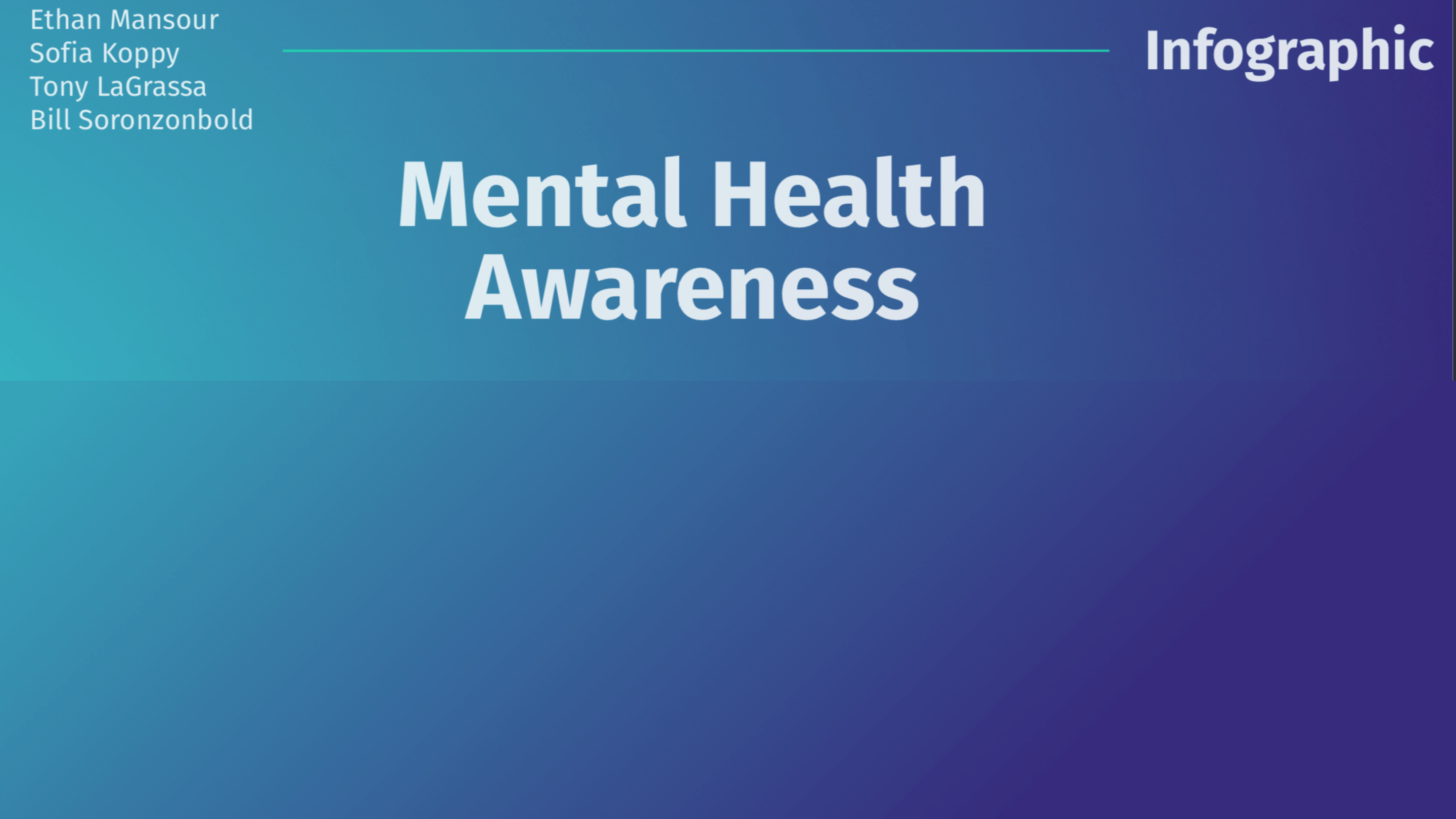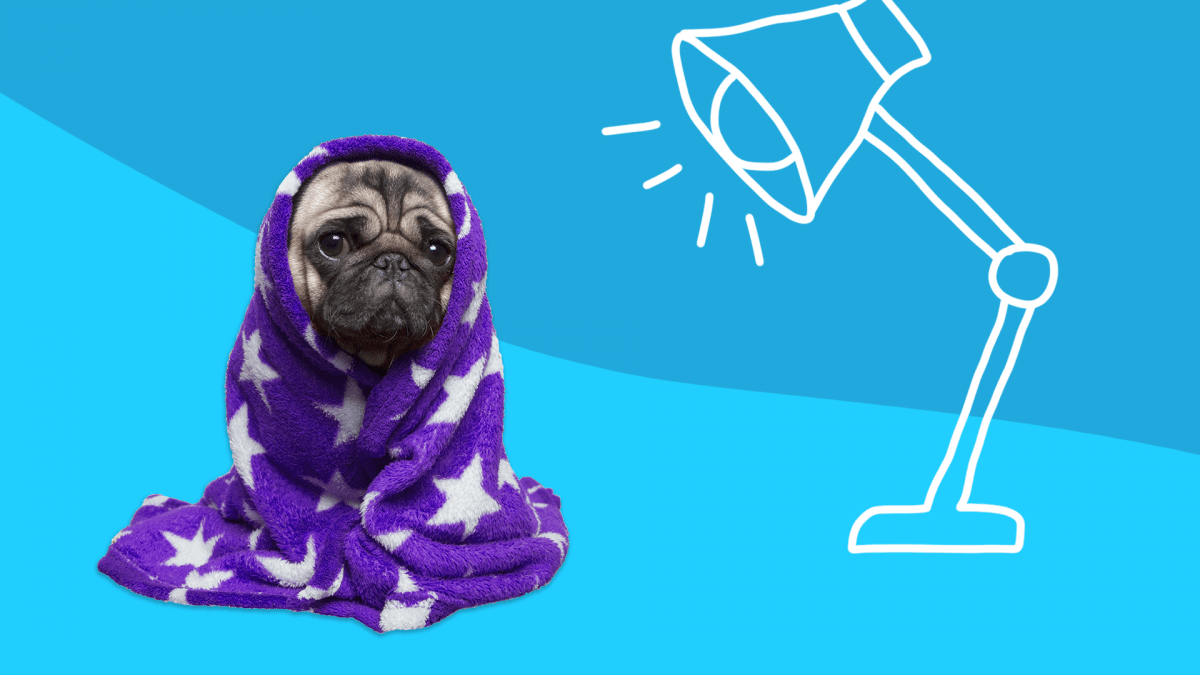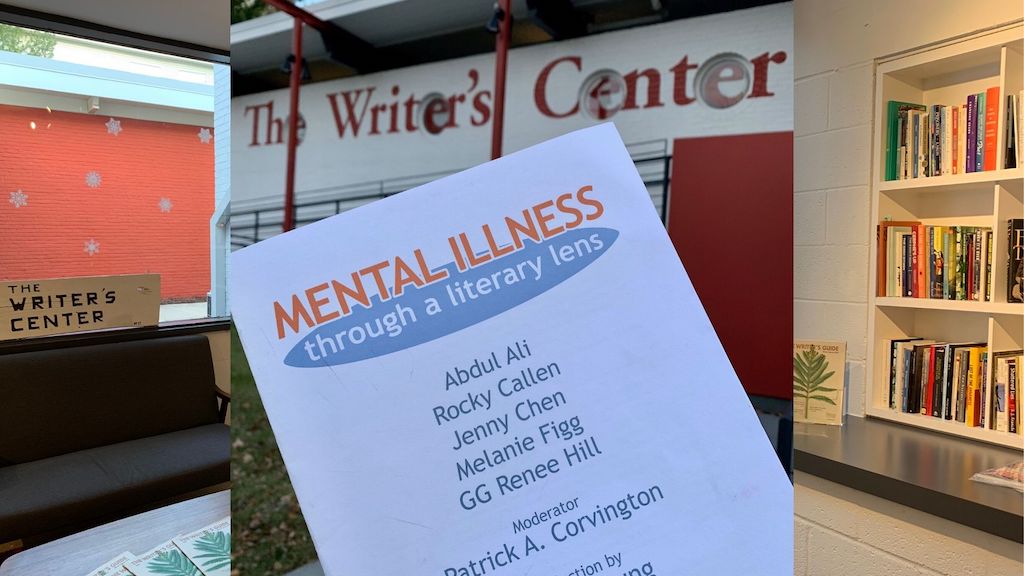4 WAYS TO FIGHT STIGMA EVERY DAY
Mental Health, Stigma
SO, WHAT IS STIGMA, ANYWAYS?
Stigma is awful – seriously. If you’re unfamiliar with the term, a dictionary will tell you that it means “a mark of disgrace associated with a particular circumstance, quality, or person.” Mental health stigma is particularly insidious.
Labeling a person based on their illness dehumanizes them and forces them into a stereotyped group. Ultimately, they’re not only shamed by others based on biases and assumptions, but also internalize that shame and direct it inward.
There are two kinds of mental health stigma:
- Social Stigma is how individuals behave toward another with mental health problems as a result of the psychiatric label assigned to them. Social stigma is what fosters the fact that many still find discussing mental health threatening and/or uncomfortable.
- Perceived Stigma is an internalizing by individuals with mental health conditions to their perceptions of discrimination. Perceived stigma ultimately results in feelings of fear, shame, blame, and poor treatment outcomes. Consequently, a common response for someone experiencing a mental health condition is secrecy and isolation.
Result of Stigma
For those living with a mental health disorder, up to 1 in 5 Americans, stigma is problematic. It shows up everywhere from social acceptance to even jobs, access to healthcare, and political rights.
Often times the admission of a mental health condition results in social exclusion. Individuals are then deterred from addressing their conditions, remain in secrecy, and end up not seeking help.
In fact, the National Alliance on Mental Illness (NAMI) reports that two-thirds of those with a diagnosable mental health condition don’t seek treatment! Ultimately, stigma robs individuals of opportunities for a better quality of life.
Here are some common mental health stereotypes:
- Believing that depression is a sign of personal weakness and, thus, refusing to employ a person with depression.
- Those experiencing depression or anxiety are being dramatic or seeking attention.
- Those with bipolar disorder or schizophrenia are dangerous, unpredictable, or violent.
- 1 in 5 people with depression said that if they had depression, they would not tell anyone.
- Believing that people with mental illness never get better, or should be in a hospital.
Sounds familiar right?
WHAT CAN BE DONE ABOUT STIGMA?
We’re so happy you asked!
Taking best practices from various mental health organizations like NAMI, Psychology Today, Bring Change 2 Mind, and Active Minds, that talk about the role it plays in mental health, SIOV created four steps to help you in the fight against social and perceived stigma:
1. Engage to Learn
By keeping an open mind, we can actually learn from those around us that might be experiencing a mental health condition. Until you take the first step to actually listen and learn about mental health, stigma will persist.
2. Put Person Before Label
Each person, though they might have a common diagnosis, has their own individual and unique story. By respecting people’s individuality, we personalize each experience and lessen the weight of the associated mental health condition so that mental health labels don’t come before an understanding each individual human experience.
3. Be Mindful of Stigmatizing Language
Believe it or not, the actual words that we use on a daily basis contribute resoundingly to the continued existence of stigma. It has become common to use mental disorder terminology, similar to “crazy”,“retarded”, “suicide”, or “OCD” to describe common, often trivial situations.
When we do this, it feels harmless – we are just being expressive and not ultimately trying to do any harm at all. We’re all guilty of it. However, when we integrate these words so often and with such disregard into our regular vernacular, we trivialize mental health.
4. Support Social Change to Eliminate Stigma
There are a number of ways we can contribute to eliminate stigmas. Talk about mental health in your community, share your experiences so that others can both understand and relate, support each other through good and bad times. We can all help. Being honest, frank, open, and supportive, these small drops eliminates the stigma surrounding mental health.
Mental Health Resources to Learn More about Fighting Stigma:
To learn more about mental health and mental health stigma, check out the resources on our Resources Page. Also, check out the incredible resources available through the National Alliance on Mental Illness (NAMI), Psychology Today, Bring Change 2 Mind, and Active Minds websites!
By fighting stigma, we can improve our mental wellness. Lets commit to making it a thing of the past!


